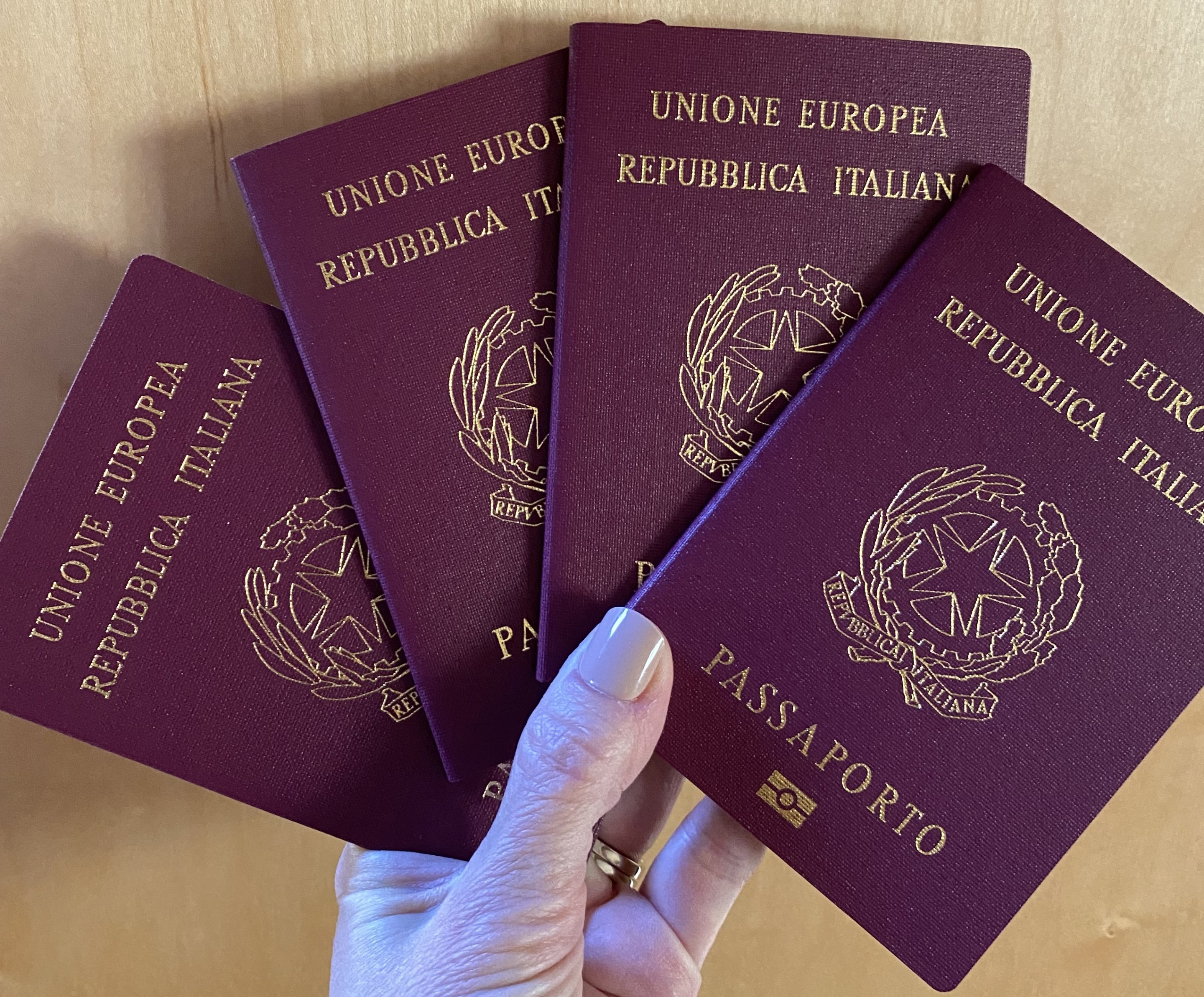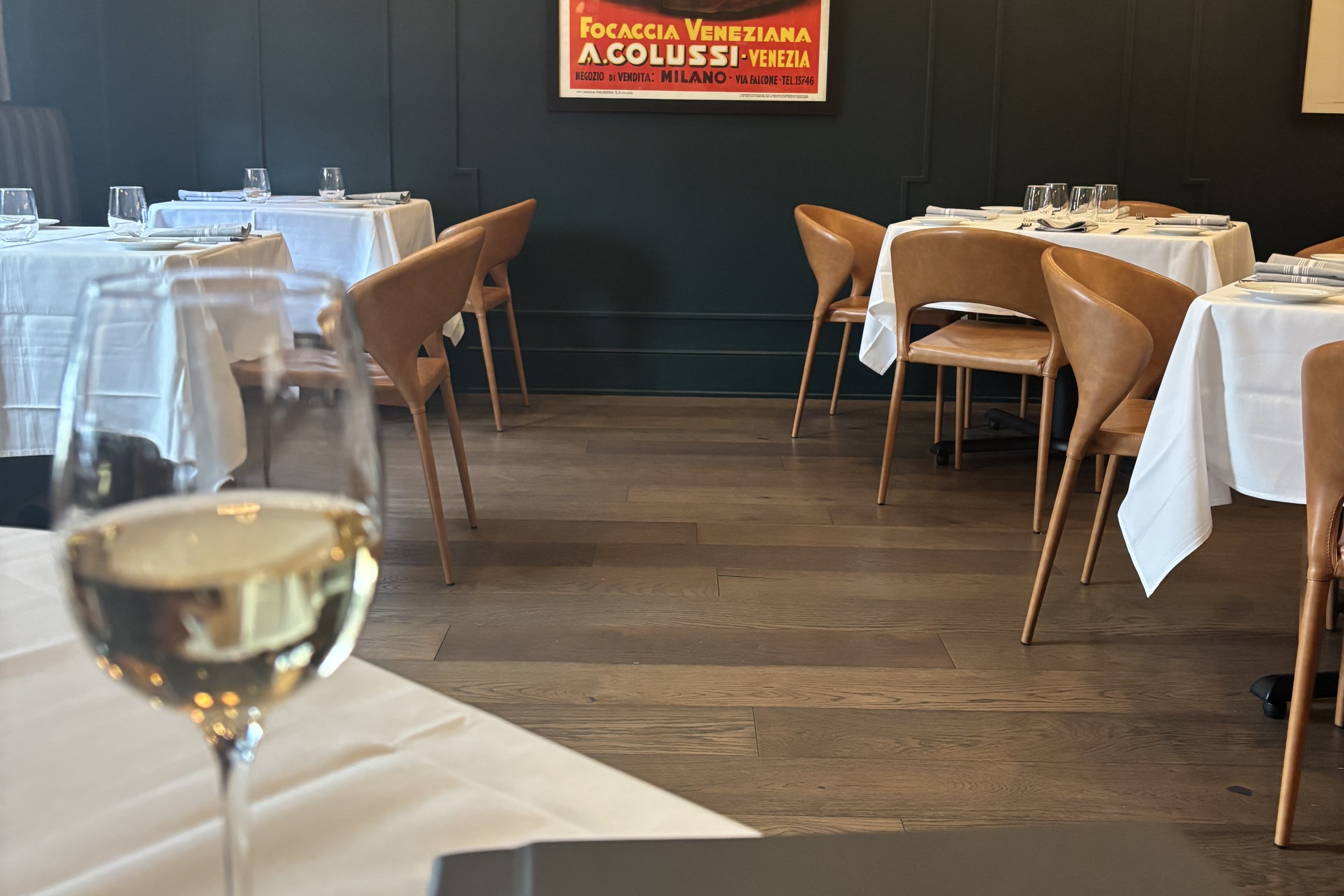For decades, Italian-American chefs, bakers, and culinary dreamers have used Italy’s Jure Sanguinis (citizenship by descent) law as a gateway not just to a passport, but to a deeper, more immersive connection with their ancestral roots. They’ve apprenticed with village nonnas, trained in small-town trattorias, and walked through vineyards their great-grandparents once worked—only to return to America and open restaurants that celebrate this living tradition. But in early 2025, Italy quietly closed the door to many of them.
The Italian government’s recent tightening of Jure Sanguinis eligibility, limiting claims to those with Italian-born great grandparents, is already sending ripples through the global Italian diaspora. The legal change may seem bureaucratic, but its impact reaches into restaurant kitchens, food festivals, and the future of Italian-American culinary identity. With fewer people now eligible for Italian dual citizenship, the pipeline of next-generation chefs and cultural storytellers may be shrinking—and that spells trouble for the evolution of Italian cuisine abroad.
A Culinary Passport That Changed Lives
For many Italian Americans, Jure Sanguinis offered more than a chance to reconnect with family—it was a career move. Over the past two decades, dual citizenship has made it easier for young chefs and food entrepreneurs to study regional Italian cooking firsthand. From Tuscany’s vineyards to the seafood-driven dishes of Sicily, dual citizens had the legal ability to stay for extended periods, work without restriction, and build professional ties.
These immersive experiences often led to bold new restaurants in New York, San Francisco, New Orleans, and beyond—places where menus told stories of heritage. Without that legal access, culinary training in Italy becomes more difficult, more expensive, and more temporary for most aspiring chefs.
Fewer Pilgrimages, Fewer Recipes
Food heritage doesn’t just live in institutions—it lives in families. One underreported consequence of the new law is the loss of informal recipe sharing that occurs when Italian Americans return to ancestral towns. These kinds of culinary pilgrimages don’t require a culinary school—they require time, trust, and often, legal residency. If fewer Italian Americans are eligible for citizenship, fewer will make these long-form visits. And as Italy’s older generations pass on, many of these hyper-local recipes may disappear along with them.
A Blow to Small-Town Food Economies
The ripple effects don’t stop at American restaurants—they stretch back to the villages of Italy. For years, local economies in places like Calabria, Naples, and Abruzzo have quietly thrived on cultural tourism tied to Italian dual citizenship. Town halls hosted welcome ceremonies. Local farms offered olive oil tastings to returning descendants. Nonna-led cooking classes became profitable side businesses. Now, with fewer eligible citizens to make those journeys, that economic engine may sputter.
One agriturismo owner in Sicily said, “So many of our long-term guests were second- or third-generation Italians from abroad. They’d stay for months, eat everything, and cry when they left. That kind of connection—it’s not just tourism. It’s family.” Without citizenship as a draw, fewer travelers may make these deeper, more immersive ancestral trips.
The Future of Italian-American Cuisine
Italian-American food has always been a story of adaptation, evolution, and memory. From red sauce joints in New Jersey to Michelin-starred pasta tasting menus in Los Angeles, a food evolution has often relied on a direct, personal connection to Italy. Without legal access, the risk is stagnation—menus that echo a version of Italy frozen in time, rather than one that continues to be reimagined.
Moreover, the new restrictions may widen the gap between traditional Italian food and its diaspora, reinforcing outdated stereotypes and undermining the credibility of chefs who lack the privilege of a passport to their roots.
Can Culinary Culture Survive Without the Citizenship?
Despite the roadblocks, some culinary leaders are fighting back—with food. Restaurants are increasingly becoming informal embassies of Italian culture, preserving traditions even when governments draw legal lines. In San Francisco, one pasta shop has started offering regional cooking lessons as part of a broader "heritage without borders" campaign. Others are documenting family recipes in books and blogs, ensuring knowledge survives even if the paperwork doesn’t.
Still, these workarounds don’t replace the kind of deep cultural immersion that Jure Sanguinis once allowed. Food is one of the most intimate forms of cultural diplomacy—and cutting off access to it, even indirectly, could have long-lasting consequences.
What Happens Next?
The new law is already being challenged in court, and advocates hope to restore broader eligibility or introduce a heritage visa that allows longer cultural stays. Until then, culinary professionals and heritage travelers are left navigating a narrower path to their roots.
In the meantime, chefs will continue to share the recipes, stories, and history that connect Italian Americans to their ancestry. Because even if the citizenship door has closed for some, the kitchen door should always remain open.
Editor's Note: The author and her three children had their citizenship recognized in 2021 at the San Francisco Italian Consulate. If the new law goes into effect, her siblings will no longer be eligible for citizenship via Jure Sanguinis.







